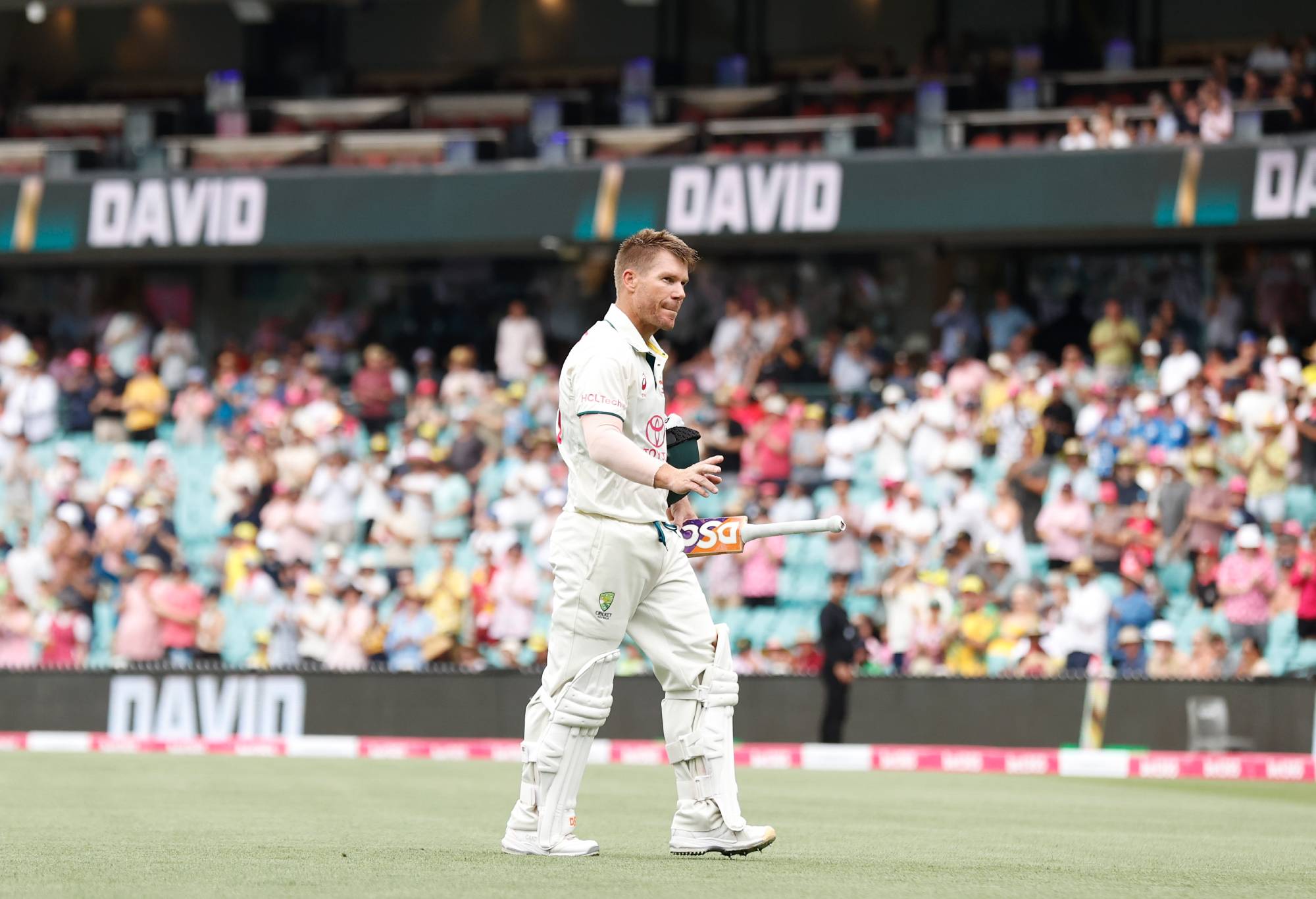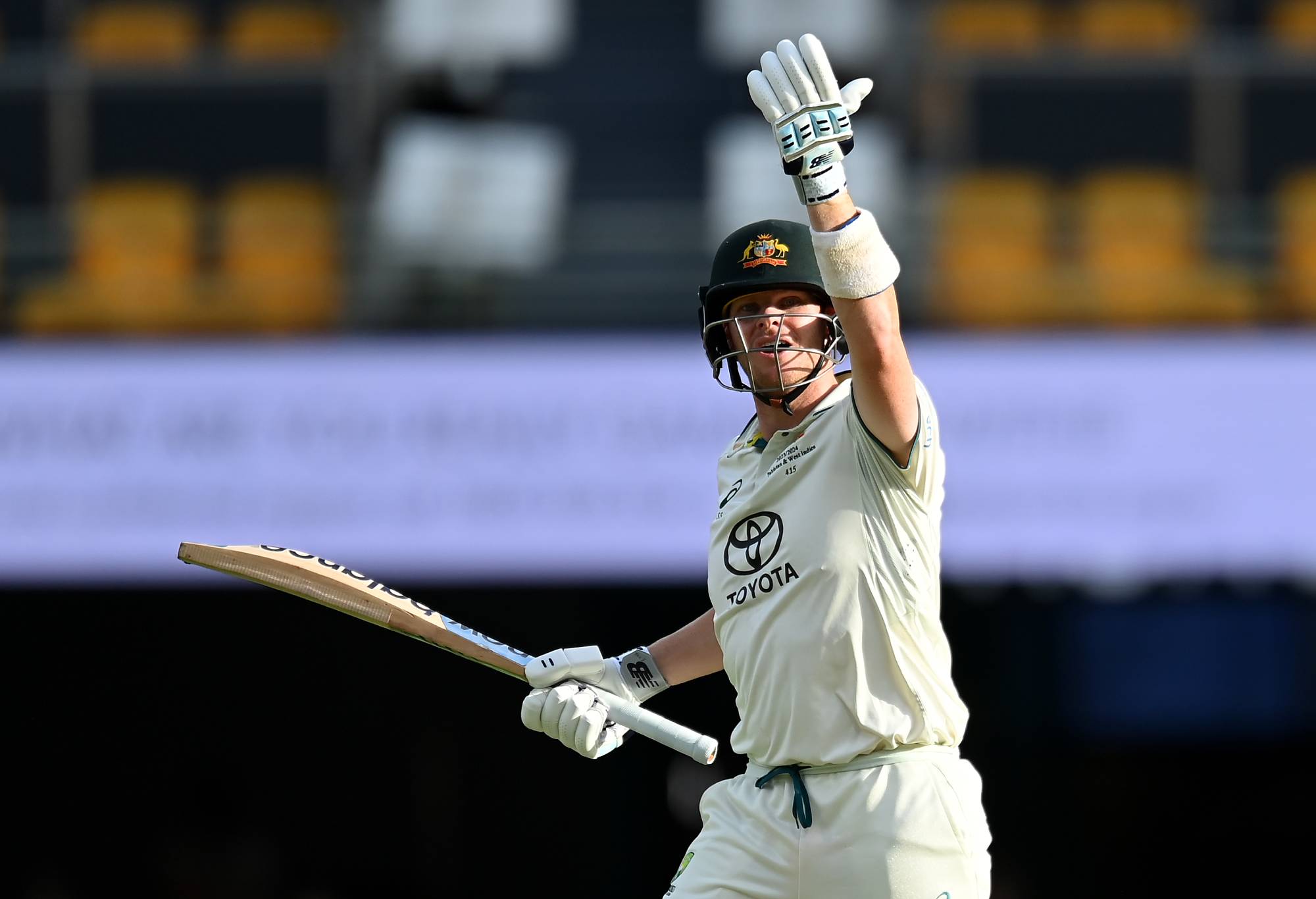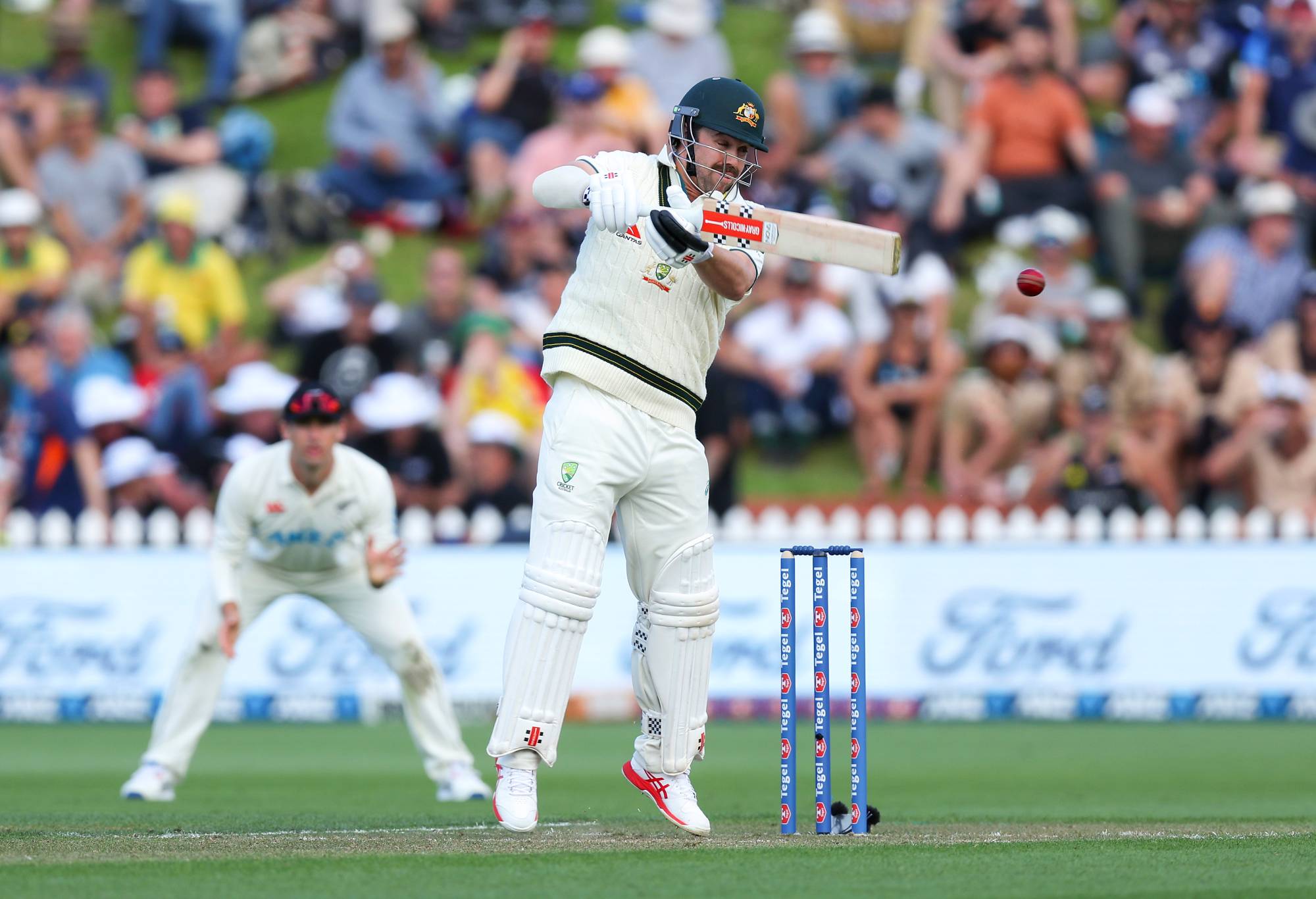As we approach a month out from a Test series that forever was considered exciting to watch, but that Australia would never ever be in danger of losing on their home turf, and suddenly are now facing down the barrel of losing for the third time in succession, it seems that the predictable squad that Australia generally chooses at the start of the summer may be in for a slight revamp.
And as per usual everyone has their opinion of which player should be the smokey that comes from out of the clouds to fill a place.
One question no one expected to hear again was whether David Warner would play Test cricket if the selectors asked him to return.
As it turns out, that was the question that lit up both mainstream media and the socials over the past few days, after what appeared to be an innocuous question in an interview had Warner seemingly renouncing his previous statements about retirement, and saying that if George Bailey still thought he was the right man for the job then he was willing to kit up straight away.
And the media hounds starting frothing at the mouth.

Warner walks off the SCG for ostensibly the final time. (Photo by Darrian Traynor/Getty Images)
Of course, all of this was nonsense. Warner knew he was now out of cricket apart from his many forays into the domestic T20 competitions worldwide but also savvy enough to know that that comment would provide him with enormous amounts of free publicity to stay in the public’s eye for a little while longer.
And the selection panel and Cricket Australia, having finally been able to throw off the anchor that Warner’s continued forced selection despite average form over the previous two years had created, were never going to entertain any such idea of offering him a return.
The fact that this was such a huge blow up is indicative of two things. Firstly, that there are apparently so many contenders fighting for one place in the Australian top six, and that those who were considered to be the main contenders a month ago have failed to light up the scoreboard in the opening rounds of the Sheffield Shield.
It also points to the selectors’ weakening argument when it came to selecting Warner’s replacement nine months ago, choosing to elevate Australia’s best No.4 to open rather than one of the several candidates around the country who actually open the batting for their state.
The selectors have had two years to pick any of Cameron Bancroft, Marcus Harris or Matthew Renshaw as an opener in the fading light that was the last part of Warner’s career. Harris got four Tests against England at home three years ago, and was then cast aside when the selectors couldn’t face leaving out Usman Khawaja after he scored twin tons in Sydney as a late replacement for the COVID-affected Travis Head.
Matt Renshaw got a similar chance in the middle order a year later and then another in India when the selectors decided to drop their best bat for fear he couldn’t play spin.
Bancroft hasn’t been sighted since 2019, but has scored more runs than anyone else in first class cricket over the last two years. The opportunity has been there for the selectors to give any of those three a decent spell at the top of the order for Australia, but the fact that they have not suggests they don’t want to.
The fact that none of them are banging down the door at the moment is also unfortunate for them. The one who has is 19-year-old Sam Konstas, with twin centuries in the first Shield match and a reasonable 40 in the second. But already it feels as though the selectors are slowly leaking to their media favourites that it is too early for him and that he needs more time.
George Bailey was quite open when Warner retired that they were going to pick the best six bats in Australia and worry about the order after that. It is fair to say that those best six widely vary from Bailey.

Steve Smith (Photo by Albert Perez – CA/Cricket Australia via Getty Images)
They have already made clear that Steve Smith, who opened in New Zealand and looked uncomfortable the entire time, will be moving back to 4.
If that mentality hasn’t changed from the selectors, then you won’t see an opening batter chosen. You will instead see someone like Western Australian wicket-keeper Josh Inglis selected, because he fits the mould of batter they currently want in the team (ie Head, Mitch Marsh).Then one of those three will open.
Marsh and Head have both opened in white-ball cricket recently, leading some quarters to suggest they can do the same job in a Test match. Inglis has opened in Shield but with little success, and of course has opened in white-ball cricket domestically, but like Marsh and Head for the Australian white-ball teams, we all know it’s not the same as opening in a Test match.
And yet, the selectors may well be about to tell you otherwise.
Another part of this story is the constant attempt to insist that the team requires an all-rounder, in order to offload the workload of the three major fast bowlers in the squad. With Cameron Green out of the picture, and Marsh always at the point of breaking down, there currently isn’t a viable option in the team to do that job (no, Marnus Labuschagne’s seam bowling is not the answer).
So it is also very possible they won’t pick another batter. Instead, they may consider putting Marsh or Head up to open, bring Alex Carey to 6, and then choose an all-rounder of sorts to bat at 7 and bowl some overs.

Travis Head (Photo by Hagen Hopkins/Getty Images)
In this instance there are some reasonable candidates. Aaron Hardie has shown excellent form with the ball, and hits the ball hard. He was on a shortlist two years ago to perhaps play in Sydney, and his recent white-ball form for Australia shows a lot of promise.
There is also Beau Webster, leading run-scorer in the Sheffield Shield last season, who not only bowls seam up but off-spin as well. That helps the bowlers’ workloads given they will all want to play all five Tests.
If the selectors deem it necessary to have someone offering up more than a token over here and there this summer, this may also be a path they are considering.
Whatever happens over the next month, be prepared to be very disappointed with Australia’s Test squad this summer.
That doesn’t mean they can’t win the series whichever way the selectors go, but my fear is that the selectors will continue to ignore form and instead will pick players like England do now, on the kind of player they might be if they are on their best day, rather than on actual performance on the field.
And whichever way they go, it will also probably mean Marnus will be seeing a lot of the new ball this summer.
>Cricket News

%20(3).jpeg)




0 Comments